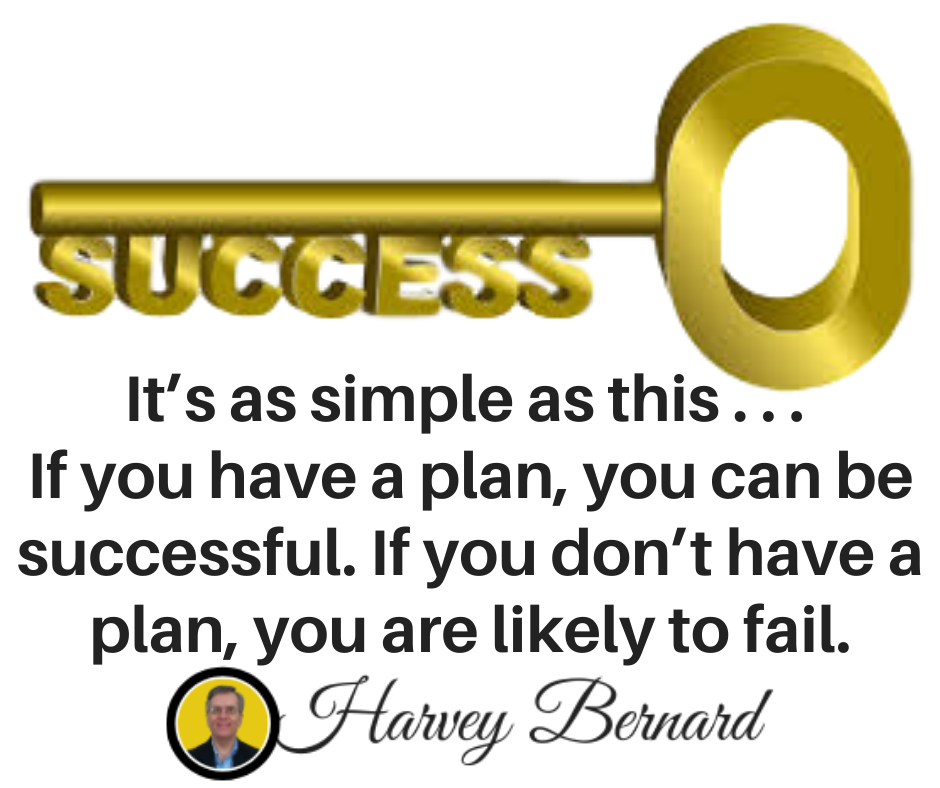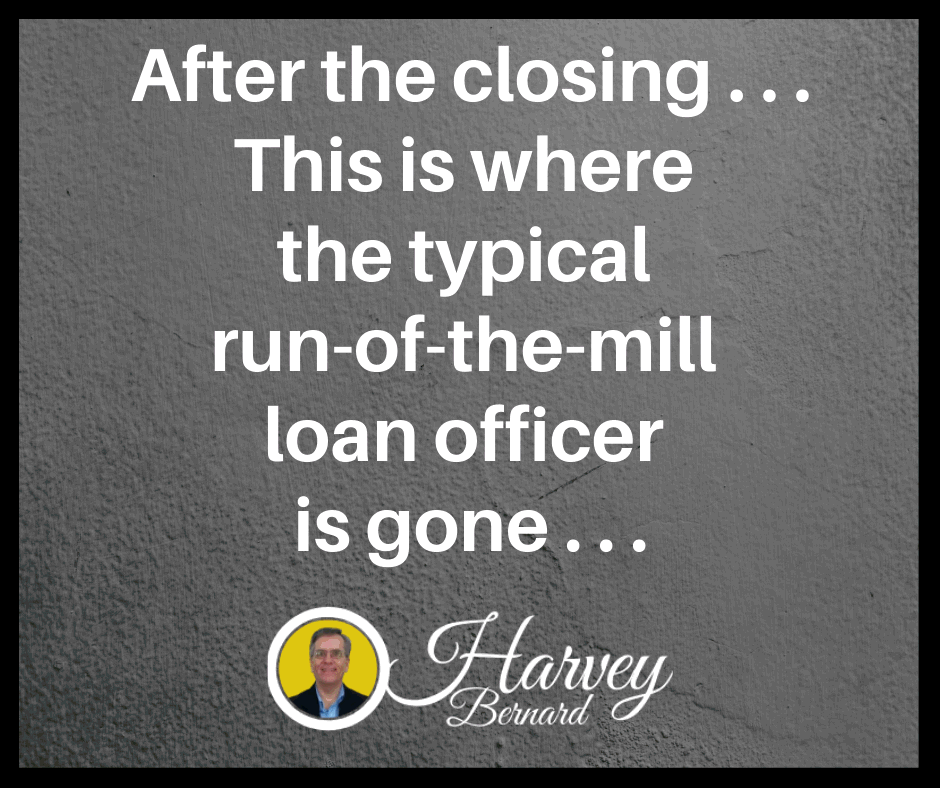Veterans who want to buy or refinance their homes.
Veterans provide such valuable work as they serve our country. This was first recognized right after World War II. Congress passed the Servicemen’s Readjustment Act. It extended a wide variety of benefits to veterans.
One of the most valuable benefits was the VA home loan. It is guaranteed by the U.S. Department of Veterans Affairs. Qualified private lenders do the loans.
Since the beginning of the VA loan, the government has insured over 18 million VA loans. This makes it a valuable benefit to veterans and their families.
The benefits of VA home loans
Veterans receive generous benefits with VA loans. These are not available in the same combination in any other loan product.
No down payment required
Qualified veterans can buy a home with a VA loan without the need for any down payment. Financing up to 100% of the purchase price is available. Only one other loan program offers this benefit.
This allows the veteran to conserve cash. More cash can be on hand when needed. The inevitable unexpected expenses of life and homeownership are certain to arise. That is a huge benefit. Unanticipated costs can cash significant financial problems. A cash reservoir can handle them.
No monthly mortgage insurance
VA loans do not have any form of monthly mortgage insurance. No other major loan program offers this benefit for loan-to-value ratios over 80%. This is another great benefit for veterans.
Veterans do pay a one-time Funding Fee at closing as a percentage of the loan amount. It can be included in the loan so that the veteran does not need cash at closing for it.
Lower credit scores
A lower credit score is acceptable for veterans on VA loans. This opens more opportunities for veterans. Past credit issues do not need to be a problem for veterans.
Debt to income ratio (DTI)
Veterans can be approved on a VA loan with a higher debt-to-income ratio. This has the appearance of a benefit. It allows certain veterans to own any home or a larger home. This could be true when they otherwise would not be able to qualify based on their income. But keep this caution in mind . . .
Caution … A higher debt to income ratio is dangerous!
The higher the ratio, the harder it is for a borrower to make extra payments on the mortgage. It is also harder to pay ahead on any other loans they have. This sentences them to a losing fate … that they will likely have to make all payments at the prescribed amount for the full loan term.
This keeps them in bondage as servants to lenders for the full loan term. They give the lenders many thousands and thousands of dollars that they have to earn. This makes the lenders wealthy while the borrower remains poor. Be very careful. Do not allow yourself to get into this situation from which you may not have an easy escape.
Lower interest rates
VA loans can have lower interest rates than regular conventional loan programs. This helps the veteran with a lower payment. It enhances that veteran’s opportunity in a powerful way. Pay more than the regular payment and save interest costs.
Easier to refinance
VA loans offer streamline refinances. These are also known as the “Interest Rate Reduction Refinance Loan” (IRRRL).
These VA refinances offer reduced documentation from the borrower. It is possible that an appraisal will not even be necessary.
VA refinance rates can be some of the most attractive in the marketplace, with little to no closing costs. The IRRRL is as close to an easy decision as there is.
What other loan options are available for veterans?
As a veteran, your best choice is likely a VA loan. Your field-proven Real Mortgage Consultant at Winner’s Mortgage will check the other options for you … covering all the bases if one of those might be better for you. You will end up with an option tailored to your needs.
FHA Loans
FHA guaranteed loans offer lower credit score options than VA. FHA offers generally lower rates. FHA has a one-time upfront Mortgage Insurance Premium. FHA also charges Monthly Insurance Premiums as well.
USDA Loans
The USDA designed these loans for specific rural and suburban properties. This is the other zero down program available along with VA loans. USDA does charge a one-time Upfront Guarantee Fee. USDA has an annual Guarantee Fee paid in twelve monthly installments. Some flexibility is available for credit history.
Conventional loans
These are the most common mortgage programs available. Credit requirements and financial underwriting will be more restrictive. Low down payment programs are available. Loans over 80% loan to value require monthly private mortgage insurance.
How the VA guarantee works
The U.S. Department of Veteran Affairs guarantees 25% of the mortgage. They call these “entitlements”.
Beginning Jan. 1, 2020, VA removed the loan limit size.
The veteran must meet all other underwriting criteria, such as the debt-to-income ratio. The debt-to-income ratio controls the maximum purchase price.
An exception applies to veterans who have more than one active VA loan. An exception also exists if they have defaulted on a previous loan. Only the partial entitlement is available in those cases. For the exception, the following still applies:
The basic entitlement is $36,000. This means the VA guarantees to the lender that they will pay up to 25% of the loan amount. That creates a maximum loan amount of $144,000 with no down payment.
Bonus entitlements are also known as second-tier entitlements. They apply when a veteran wants to buy a home priced at more than $144,000. To establish the maximum amount, VA uses the conventional financing conforming loan limit. For 2020, that limit is $510,400. The VA will guarantee 25% of the purchase price up to that conforming loan limit.
Requirements for a VA loan
VA loan eligible veterans need to receive a Certificate of Eligibility (COE) to get a VA loan.
Veterans can apply direct to VA or request it through the lender.
Veterans or family members who meet one of the following requirements are eligible:
· 90 days consecutive active service during wartime
· 181 days active service during peacetime
· An active member of the National Guard or Reserves for 6 years or more
· Married to a service member who died in the line of duty or as a result of a service-related disability
How the loan process works
See here for how the straightforward Winner’s Mortgage Program loan process works.
The Winner’s Mortgage Program
See here for how the Winner’s Mortgage program loan process works. Get the facts and get the job done!
You receive our exclusive gold-standard Winner’s Mortgage Master Plan. The value is thousands of dollars. It is your free gift when you do your mortgage with us.
Best of all, here is what’s great about the Winner’s Mortgage Master Plan. You have the very real potential to become free of all loan payments, free of your job, and free to do what you want. This is real freedom, and it can be yours! So don’t gamble! Bet on a winner!
You will never get anything like this from a typical run-of-the-mill loan officer. You only receive it from your fully-trained Real Mortgage Consultant at Winner’s Mortgage.
VA specific documents
As a veteran using the VA loan program, you need two specific documents.
Here is the most important form … it is DD214, Certificate of Release or Discharge from Active Duty.
You also need to sign a certification that you will occupy the home.
Be careful!
This is important! Your loan is not complete until you sign the final papers and the money is paid at closing. Check everything with your credible Real Mortgage Consultant before you do anything!
Do not make any moves that change anything important about your situation.
Do not quit your job!
You absolutely cannot make any changes before your loan closes. Your situation needs to stay the same as the information on your loan application.
If anything does need to change, talk with your dependable Real Mortgage Consultant first. Don’t do anything before you check. This is essential!
Stories abound of how people have lost their dream house at the last minute. They did this to themselves. How? They made a change in their situation without verifying in advance if it would be okay.
Your loan approval is not guaranteed. This is true even if you have received the final approval on your loan. It is not final until you sign the papers and the money is distributed.
Lenders will call employers on the morning of closing. Why? They confirm that the borrower still works there. If the answer is ‘no’ because that customer quit two days ago, the loan will not close.
So, please be careful! Check everything first!
Do not buy anything big, do not open new credit!
Remember, your loan is not final until the documents are signed!
Do not start buying big new things for your new house until after you really own the house.
Buying things such as these … appliances, big-screen TVs, whatever … they add to your debt or reduce your cash. Those things can wait. They must wait.
There is no need to take the chance. The lender will decline a loan if your circumstances change for the worse.
The same thing applies to new lines of credit. Do not open new credit before you sign the papers.
No one wants you to lose your house at the last minute because of this mistake. Please, before you make any such decisions … talk with your accomplished Real Mortgage Consultant first. You expect the best. We demand it!
Homeowners insurance
You need insurance for your new home. The lender requires that you pay for the first year upfront. At closing, the lender will deposit two more months into your escrow account.
Check with your current auto insurance lender. Most insurers will give a discount when you buy more than one type of insurance with the same company.
Your professional Real Mortgage Consultant can also give you insurance agent recommendations.
Closing costs
The government restricts some of the closing costs they allow the veteran to pay for a VA loan.
The origination fee caps at 1%. The VA restricts these other fees. These include non-title-related attorney fees … rate lock fees … real estate broker fees … tax service fees … lender document fees … transaction coordinator fees … pre-payment penalty fees … underwriting or processing fees … escrow or notary fees … and loan closing fees.
These fees are associated with closing a VA loan … such as the appraisal … the home inspection … and other closing costs not prohibited by the Veterans Administration.
A great choice for veterans
It is hard to imagine how a veteran can do any better than using VA mortgage financing for a mortgage.
Then when it is time to refinance a VA loan, the IRRRL program is a great opportunity for veterans.
Your experienced Real Mortgage Consultant at Winner’s Mortgage is ready to help and won’t let you down. Together you can navigate the special nuances and requirements of VA loans. You can take advantage of the awesome VA loan benefits.






